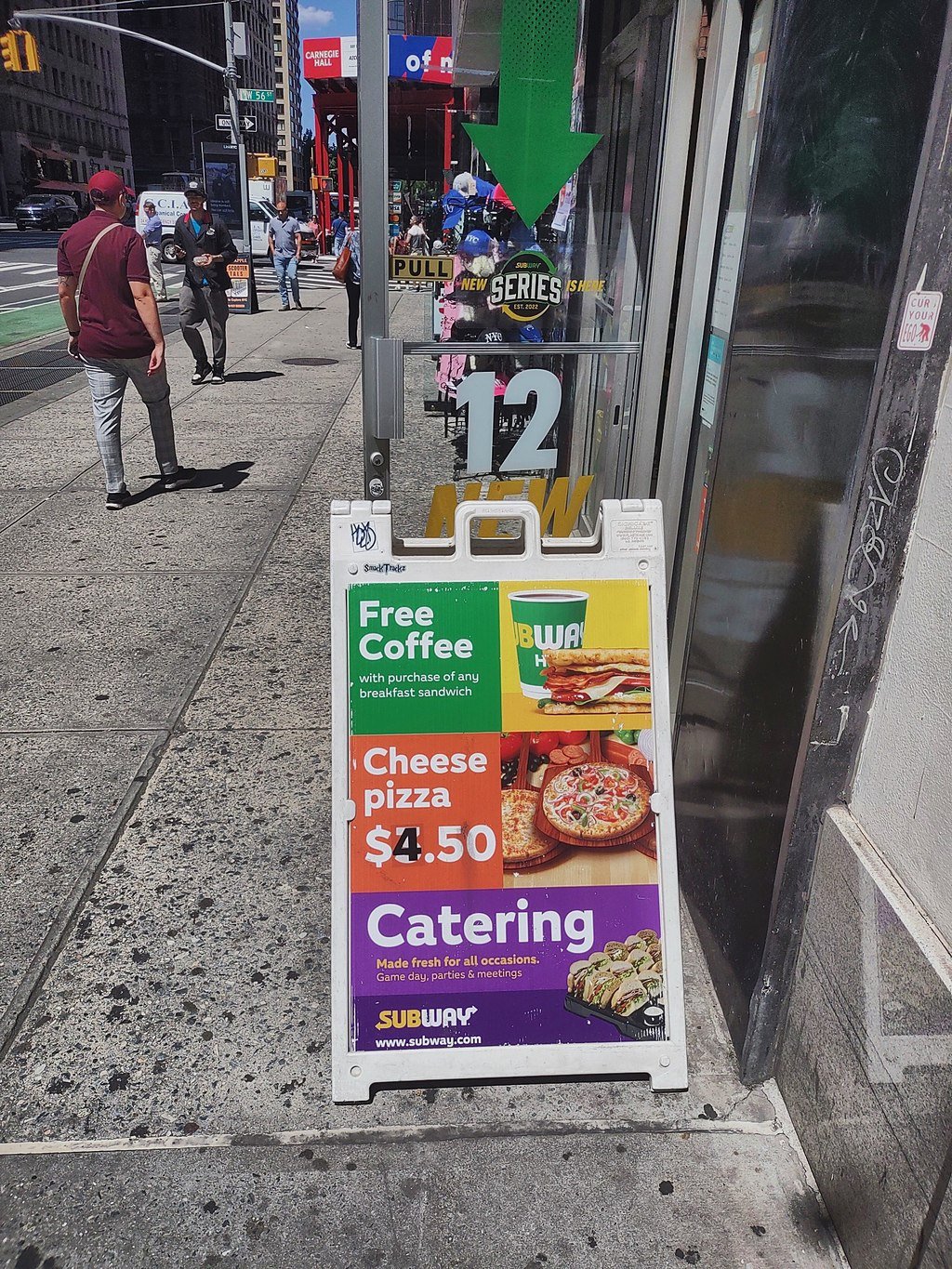Chris Powell: Conn. budget surplus the flip side of inflation
Price adjustment
— Photo by Jim.henderson
MANCHESTER, Conn.
Connecticut state government has had worse managers than Gov. Ned Lamont, but nobody should be much impressed by the huge financial surplus over which he is presiding -- more than $4 billion, equivalent to a fifth of state government's annual budget.
For the surplus is not a product of any astounding new efficiencies in state government achieved by the Lamont administration.
No, state government still spends more every year without any marked improvement in service to the public or the state's living standards.
Instead the surplus arises from billions of dollars in emergency cash from the federal government, distributed in the name of relief from the recent virus epidemic, and from big increases in state capital gains tax revenue.
Most state governments are enjoying big surpluses for the same reasons. But happy days are not really here again, for an old saying from Wall Street counsels caution: Don't mistake a bull market for genius.
Caution is especially advisable now because, on top of the termination of that emergency federal aid, the stock market has more often than not been falling for a few months and is no longer producing capital gains for people who, to get richer, had to do little more than hang around.
The capital gains on which they lately have been paying much more in state taxes are, along with all that federal money propping up the state's financial reserves, mainly the other side of the inflation that is devastating living standards throughout the country and the world.
The U.S. money supply, determined entirely by the federal government, is estimated to have increased by about 35 percent in the last three years even as the number of full-time workers fell, government paid people for not working, and production declined.
More money amid less production is the recipe for inflation, and perhaps not so coincidentally Connecticut state government's financial surplus of about 20 percent of the annual budget is closer to the real annual rate of inflation than the official rate misleadingly calculated by the government, which lately has been about 9 percent.
State government's financial position may look great but it has come at a great cost. Government has saved itself but not the people.
xxx
Connecticut's buzz word of the moment seems to be "equity." It sanitizes almost anything, including the state-licensed growing and retailing of marijuana. Under Connecticut's new marijuana-legalization program, licenses are to be required for large-scale growing of marijuana and to be limited to companies involving people from areas that saw a high level of prosecutions in the "war on drugs."
People who obeyed the drug laws will get no such privileges for their good citizenship.
In essence marijuana licenses are becoming political patronage. Meeting clear criteria won't be enough. The state Consumer Protection Department will award licenses not just according to the criteria but also as favoritism.
So it's not surprising that, as the Connecticut Examiner reported last week, a grower's license is likely to be awarded to a company owned in part by former state Sen. Art Linares, a Republican married to Stamford Mayor Caroline Simmons, a Democrat and former state representative.
That's called working both sides of the street.
According to the Examiner, the "equity" part of Linares's application is a partner who "has lived for five of the last 10 years in a disproportionately impacted area of Connecticut."
That is, a front man. How just and remedial!
All this evokes how Connecticut handled the start of cable television 50 years ago. State law divided the state into franchise areas with a single license to be issued for each. To qualify, a company had to be owned by local residents. But they weren't required to have the capital and expertise needed to operate the business.
So local politically connected people started such companies, got the franchise license, and sold the franchise to a real cable TV company, making a bundle. This racket came to be called "rent a citizen."
Today's marijuana-licensing racket will enrich people who need only to be friends with someone who can pretend to have been oppressed.
Chris Powell is a columnist for the Journal Inquirer, in Manchester.
